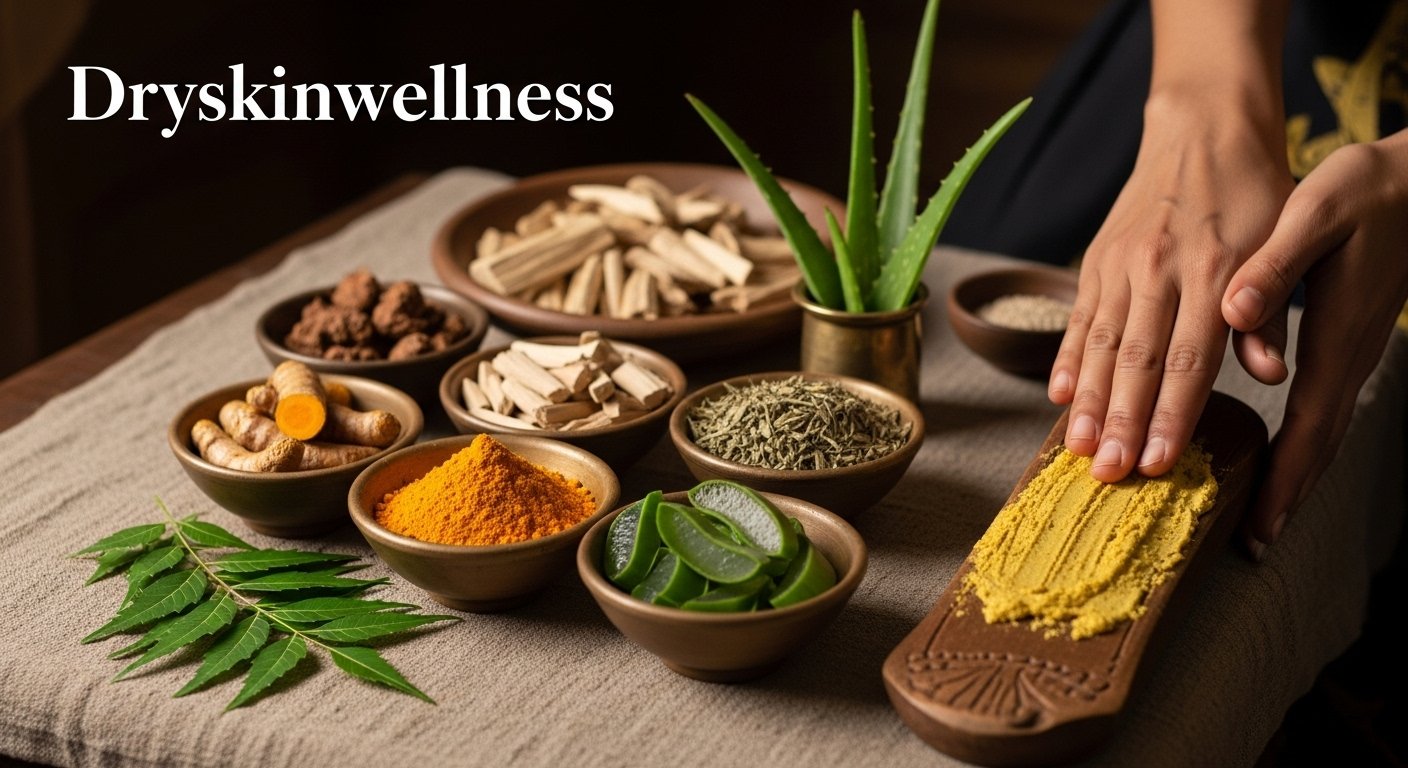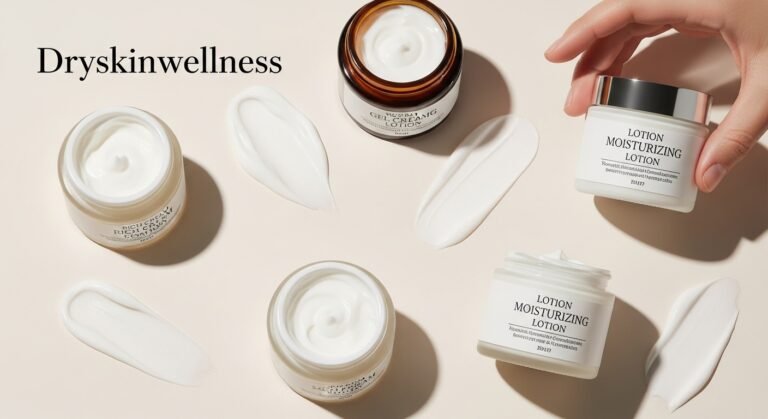Nourishing Ayurvedic Treatments For Dry Skin
Dry skin is a common problem that can lead to itching, flaking, and even cracking. Ayurvedic treatments for dry skin offer an effective solution to nourish dry skin and restore its natural radiance. These treatments soothe the skin and provide long-lasting hydration by using natural ingredients. Here are some tips for incorporating Ayurvedic treatments into your skincare routine to help you achieve healthy, glowing skin.
Essential Oils
Essential oils are also used in Ayurvedic treatments for dry skin. Coconut oil, jojoba oil, and almond oil are all excellent choices for dry skin. As they help lock in moisture and provide long-lasting hydration. Other beneficial essential oils for dry skin. These include lavender oil, rosehip seed oil, and chamomile oil.
Understanding Dry Skin from an Ayurvedic Perspective
Identifying Skin Types
Ayurvedic skin types are divided into three categories: Vata, Pitta, and Kapha. Each type has different characteristics that influence skin response to other treatments. For example, people with Vata skin tend to have dryer skin than those with pitta or Kapha. So they may need Ayurvedic treatments for dry skin, creams and oils to keep their skin hydrated.
Balancing the Doshas
It is believed that an imbalance of doshas (the elements of fire, air, water, and earth) can lead to dryness. To maintain balance in your skin, try eating foods associated with your dosha. For example, if you have a vata skin type, adding warming spices like ginger and cinnamon to your diet can help balance the doshas and improve skin hydration.
Stress Management
It’s no secret that stress can wreak havoc on your skin. So it’s important to practice stress management to keep your skin looking best. According to Ayurveda, meditation and yoga can be beneficial for reducing stress levels and restoring balance in the body. Regular breaks throughout the day to relax can help reduce stress and nourish dry skin.
Nourishing Dietary Guidelines for Dry Skin
Hydrating Foods
Ensuring you include plenty of hydrating foods in your diet is essential for nourishing dry skin. Some great options include cucumbers, watermelon, zucchini, and melon. Coconut water is another excellent source of hydration. It helps replenish the cells with electrolytes while providing moisture to the skin.
Healthy Fats
Healthy fats are also crucial for maintaining moisture in the skin. As they help lubricate the cells and keep them hydrated. Foods like avocados, nuts, and seeds are excellent sources of healthy fats. Foods can help nourish dry skin from within. Additionally, including omega-3 fatty acids in your diet can help reduce inflammation.
Vitamins & Minerals
Ayurveda recommends eating a well-balanced diet with plenty of fresh fruits and vegetables. It helps provide the body with essential vitamins and minerals. Vitamin C, in particular, is vital for keeping dry skin nourished. It helps heal damaged skin cells and protect them from further damage. Eating oranges, strawberries, and kale can help you get enough vitamin C.
Herbal Remedies for Nourishing Dry Skin
Turmeric
Turmeric is a powerful herbal remedy that helps reduce inflammation and dryness while providing long-lasting moisture to the skin. Add turmeric powder to honey and warm milk for a nourishing face mask. It can help restore your skin’s natural radiance.
Neem
Neem is another popular herb that can help nourish dry skin. Its anti-bacterial properties make it practical for treating acne and other skin conditions. In comparison, its hydrating properties keep the skin hydrated. You can apply neem oil to the affected area. Mix it with honey and rosewater for an extra nourishing treatment.
Aloe Vera
Aloe vera is a common ingredient in Ayurvedic skin care treatments as it has anti-inflammatory and healing properties. Applying aloe vera gel to the skin can help soothe irritation and reduce inflammation. While providing long-lasting hydration. Mix aloe vera with coconut oil for extra nourishment for an ultra-hydrating face mask.
FAQs
Q: How can I nourish my dry skin?
A: The best way to nourish your dry skin includes three essential steps. First, follow a nourishing diet. Second, use natural skincare products. Finally, incorporate herbal remedies into your routine. Eating foods rich in healthy fats like avocado, nuts, and seeds can help keep the skin hydrated.
Q: What are the benefits of using herbal remedies for dry skin?
A: Herbal remedies can help reduce soothe irritation while providing long-lasting hydration to the skin. Some of these remedies include turmeric, neem, and aloe vera. Besides, certain herbs can help restore balance in the body and promote skin cell growth for a healthier complexion.
Q: How often should I use Ayurvedic treatments?
A: Following an Ayurvedic skincare routine tailored to your needs is best. Generally speaking, it’s recommended to use herbal remedies and natural products two to three times a week for best results. But listening to your body and adjusting the frequency is always essential.
Q: What are the best foods for healthy, hydrated skin to incorporate into my diet?
A: Water-rich fruits and vegetables such as cucumbers, watermelon, melon, and berries can help keep the skin hydrated. Additionally, foods high in essential vitamins and minerals can help nourish the skin. Such foods include oranges, strawberries, kale, avocados, nuts, and seeds.
Q: Can I use any at-home remedies to hydrate my skin?
A: Yes! You can use several natural ingredients to create DIY masks and treatments at home. Honey, aloe vera gel, coconut oil, and turmeric are all excellent options for providing long-lasting hydration to the skin. You can combine these ingredients with other nourishing elements.
Conclusion
Ayurvedic treatments for dry skin is an ancient form of medicine and skincare used for centuries to nourish dry skin. You must follow three key steps to achieve healthy, glowing skin with long-lasting hydration. First, follow a nourishing diet. Second, use natural skincare products. Third, incorporate herbal remedies into your routine. Regularly using these treatments allows you to enjoy beautiful, radiant skin that lasts!



